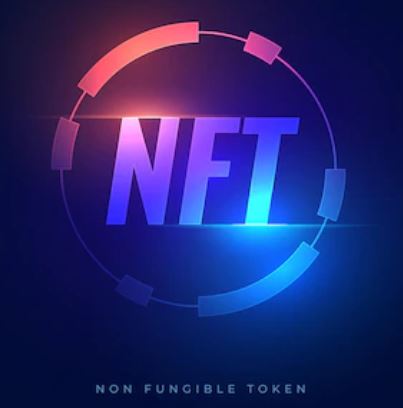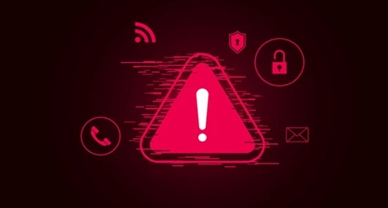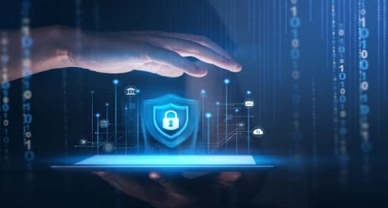Protection of Nonfungible Tokens in Thailand
Introduction
NFT is a kind of digital asset. Since each token is distinct, they cannot be swapped or replaced with others. NFT functions as a kind of digital certification that preserves the unique original work on the blockchain network. This makes it possible to track out the actual original owner of the digital asset, the date of sales, and the recipient of the resale. The copyright work is mostly related to the digital asset that supported the issuing of the NFT. As a result, these works are safeguarded by the Copyright Act, which grants the author copyrights unless specifically prohibited by law.

The author, who is also the owner of the work, decides what the licencing agreement will say about the scope of the rights the buyer has. With existing risks of NFT sales transaction, the Emergency Decree on Digital Asset Businesses may not be applicable to all types of NFT. This coupled with the lack of Thai NFT marketplace and the under-review status of the SEC regulations to meet the universal application causes the laws to provide limit protection to parties to the transaction.
The fast growth of the NFT business and the lack of oversight and control by competent agency could turn this new business opportunity into a money laundering site. The unawareness of parties on sale platform and freedom to set prices as one wishes may turn the high-value art to be an object for money laundering.
“Digital Assets” are defined as cryptocurrencies and digital tokens under Section 3 of the Digital Asset Businesses Operation B.E. 2561 Law. NFTs are not typically regarded as a component of cryptocurrencies because they represent certain unique assets and are not intended to be used as a vehicle for the trade of goods, services, or other comparable rights. The NFT is considered a digital token under the country’s law if it explicitly grants the right of a person to (1) participate in an investment (investment token) or (2) a specific, good, service, or other similar right (utility token). Any issue of the NFT will be governed by this law, unless such Digital Assets fall under an exemption.
The DA Law applies to both investment and utility tokens but, interestingly, the only utility tokens that falls within the regulated activities of the provision are utility tokens with underlying services or products that are solely available in the future, i.e., they are not ready-to-use at the time of issue of the tokens.
The Law regulates two types of activities (1) the offering of digital tokens to the public and (2) the operation of a digital assets in the business. The DA Law and its implementation rules and regulations must be followed in order for a new NFT that qualifies as an investment token or a utility token that is not principally “ready to use” to be issued and traded legally in Thailand. Subject to certain exclusions, an issuer must meet certain criteria, obtain commission approval, and submit a registration statement and a draught prospectus to the Securities and Exchange Commission (“SEC”) in order to issue regulated digital tokens. As of right now, the SEC has not given any authorization for the issuance of an NFT.
An offer to the public can proceed once the NFT has been approved by the SEC and after the registration statement and the prospectus have become effective. Such offer can be made only on marketplaces/platforms for digital asset exchanges that are licensed by the SEC. However, the SEC has not yet permitted the trading of any category of NFTs on the licensed digital asset exchanges SEC Notification concerning Rules, Conditions and Procedures for Operating Digital Asset Business.
Literary, dramatic, and artistic works are recognized as protected works under Thailand’s Copyright Act B.E. 2537 (1994). Typically, the copyright to a work is immediately granted to its creator after it is finished, allowing them to exercise exclusive and monopolistic reproduction and adaptation rights as well as the ability to share the work with the public. Forms of digital media or virtual artworks are traded among NFT traders in the current NFT market practice, frequently for astronomically high prices.
Apart from the copyright of an NFT’s underlying work, NFTs are also subject to property rights as stipulated under Section 37 of the Constitution of Thailand B.E. 2560 (2017) and Section 140 of the Civil and Commercial Code of Thailand, which are further expanded upon in other provisions.
Conclusion
NFTs frequently do not confirm the copyright or monopoly property rights of all copies of a certain work; rather, they merely confirm information about their specific assets and the transaction history of a single copy of that work. An NFT is viewed from the viewpoint that buying one grants the buyer a proprietary right to each and every copy or iteration of the underlying work. The acquisition of an NFT does not automatically grant the new owner of the NFT the right to use the underlying work’s copyright. This results from the creation of NFTs itself, whereby developers input the underlying smart contracts describing the characteristics of the NFTs and the underlying assets and add them to the relevant blockchain through the process of “minting.” The transfer of ownership or copyrights of the specific assets or works to another person is typically not specified in such smart contracts. In such cases, the actual author or creator of the specific work would retain copyright to the underlying work.
In conclusion, it is crucial to recognise that NFTs are essentially seen as title deeds to a specific item and possession of rights under the governing smart contract; not copyright licence agreements for the artwork or as sales of the original work itself. This is especially important in light of the recent rise in public interest in the lucrative and expanding NFT market. Most of the time, the NFT owner has only a few rights in relation to its NFT, the work that serves as its subject or foundation, and even the particular copies of the NFTs’ underlying assets.
Author: Tanya Saraswat, in case of any queries please contact/write back to us at support@ipandlegalfilings.com or IP & Legal Filing.


